Could a $600 Epiphone Les Paul rival a $2,500 Gibson Special? This question haunts every guitarist torn between brand loyalty and budget constraints. As someone who’s passionately navigated the dynamics of guitar brands, I’ve seen fierce debates erupt over guitars that look nearly identical yet lie worlds apart in prestige and price. In this article, I’ll uncover the nuances of the Epiphone Les Paul and the Gibson Les Paul, moving beyond the surface-level comparisons. My journey with these iconic instruments, both on stage and as an editor, has deepened my understanding of what truly sets them apart—or perhaps, brings them closer together than many might expect. This isn’t just a play of brand and price; it’s about discovering whether an affordable guitar can deliver the satisfaction and sound that many believe only a premium brand can offer. Join me as we dive into the intricacies of craftsmanship, quality, and the enduring allure of these legendary guitars.
Overview of Epiphone and Gibson Les Paul
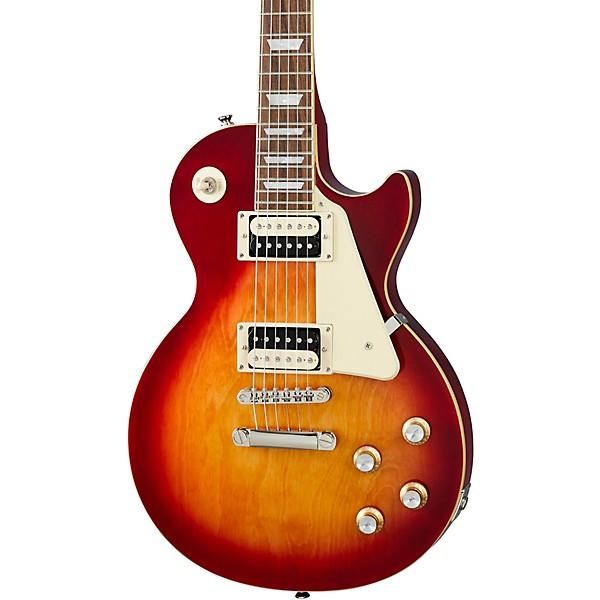
Did you know that the Les Paul design was initially rejected before becoming a massive success? This little-known fact underscores the fascinating journey these iconic guitars have taken. In my decades of covering the evolution of guitar brands, I’ve witnessed firsthand how both Epiphone and Gibson have deftly navigated the industry landscape, turning initial setbacks into enduring triumphs.
When it comes to the Les Paul, both Epiphone and Gibson embody the delicate dance between innovation and legacy. I remember vividly the countless discussions and debates within the guitar community about the subtle yet significant differences between the two. While Gibson represents the pinnacle of craftsmanship often associated with professional, high-end artistry, Epiphone provides an accessible gateway to the Les Paul experience without compromising on a soulful tone.
Having played and evaluated these brands over the years, I can attest to the unique charm each brings. Gibson’s allure often lies in its exquisite attention to detail and historical prestige, while Epiphone captivates with its consistent ability to surprise. It offers budding musicians a taste of that legendary sound without the daunting price tag. The dynamic interplay between these two brands continues to shape the way we understand and appreciate guitar design. As we delve further, it becomes clear that the world of Les Pauls is as rich and varied as the music they inspire.
Quality Comparison
Epiphone Les Paul Quality
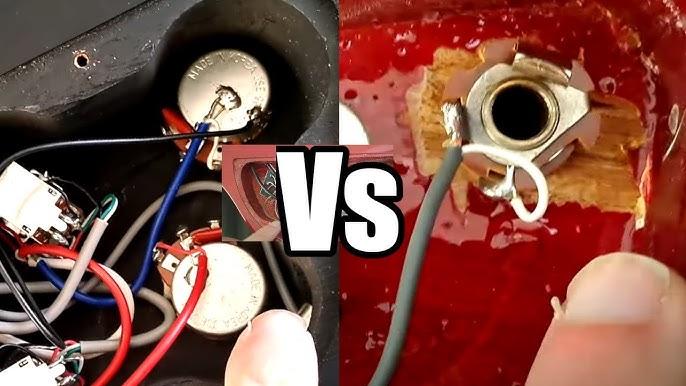
My experience connecting with artists reveals that Epiphone’s appeal often lies in its accessibility and playability for newcomers. However, any guitarist, beginner or pro, benefits from understanding the quality that the Epiphone Les Paul Special brings to the table. What features distinguish the Epiphone Les Paul Special from its Gibson counterpart? This is a question I frequently explore with musicians eager to discover value without sacrificing performance.
The Epiphone Les Paul Special stands out with its robust construction and attention to essential guitar features that support both expression and durability. Whether it’s the reliable hardware or the smooth neck profile, these elements contribute to a playability that surprises many experienced players. In terms of guitar maintenance, Epiphone has streamlined design features that reduce upkeep issues, enabling players to focus more on playing. While Gibson models may boast enhanced finishes and components, Epiphone positions itself as an instrument of choice for those who prioritize accessibility.
As we journey deeper into the quality comparison, the nuances of these instruments reveal why the Epiphone Les Paul Special continues to find favor among various guitarists. This exploration of quality not only inspires desire but also affirms the brand’s relevance in the broader landscape of competitive guitar craftsmanship.
Gibson Les Paul Quality
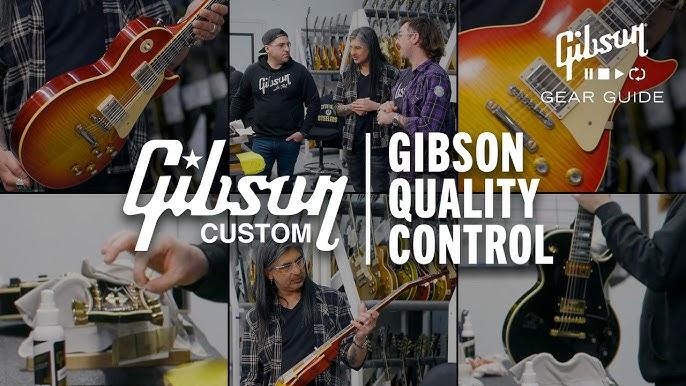
What makes the Gibson Les Paul Special a revered choice among professionals? Having spoken to countless musicians, it becomes evidently clear that the Gibson Les Paul’s sound and craftsmanship are unmatched, a testament to its resilient embrace of music history. When comparing the quality of a Gibson Les Paul, the distinct warmth and clarity it offers stands as a benchmark. With each model meticulously hand-crafted, Gibson ensures that every guitar resonates with exceptional tonal depth and remarkable sustain. These qualities fascinate both seasoned players and new enthusiasts alike.
A significant aspect of the Gibson Les Paul Special is its robust design, which not only enhances playability but also supports effective guitar maintenance over time. Its celebrated build quality means this model can withstand the rigors of time and touring, making it an ideal companion for those who demand reliability.
Understanding these subtle yet substantial features allows for a more informed quality comparison. As we explore the pricing analysis, these intrinsic values are key to why many artists hold the Gibson Les Paul in such high regard.
Pricing Analysis
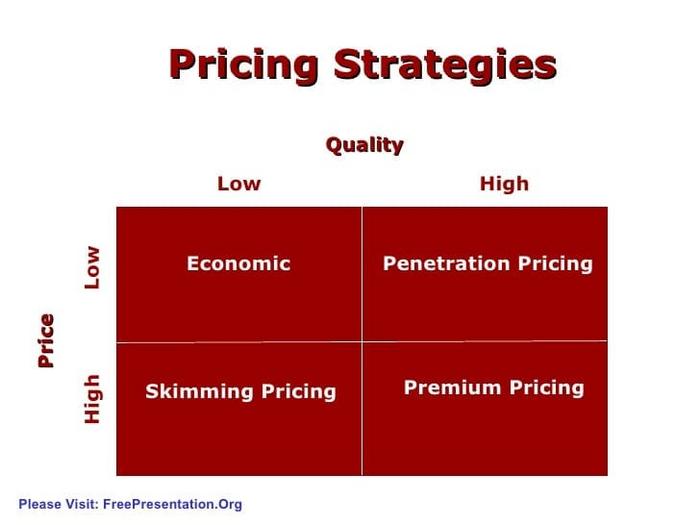
Could spending less on a guitar lead to greater artistic freedom? In my work evaluating market trends, I’ve seen how musicians often opt for budget solutions that enhance creativity without breaking the bank. This brings us to the alluring realm of the Epiphone Les Paul versus the venerable Gibson Les Paul. When considering pricing, the question isn’t merely about initial cost — it’s about what you gain in value and potential.
As a player who appreciates the tapestry of sound, I am intimately familiar with the magnetic pull of the Gibson Les Paul, an icon synonymous with legacy and craftsmanship. However, the Epiphone Les Paul offers a tantalizing proposition: keeping costs low while expanding one’s sonic possibilities. I’ve witnessed countless artists wield a budget-friendly Epiphone as a weapon of unfettered exploration, unburdened by the anxiety that often accompanies a pricy instrument.
Having tracked market shifts, it’s evident that Epiphone’s models deliver impressive build quality and sonic range at a fraction of the Gibson’s price. The affordability of an Epiphone doesn’t just save money; it liberates musicians, allowing them to experiment fearlessly. It’s a perfect harmony of value and versatility, empowering artists to focus on the purity of their musical journey without financial constraints.
Specific Models and Features
Popular Epiphone Models
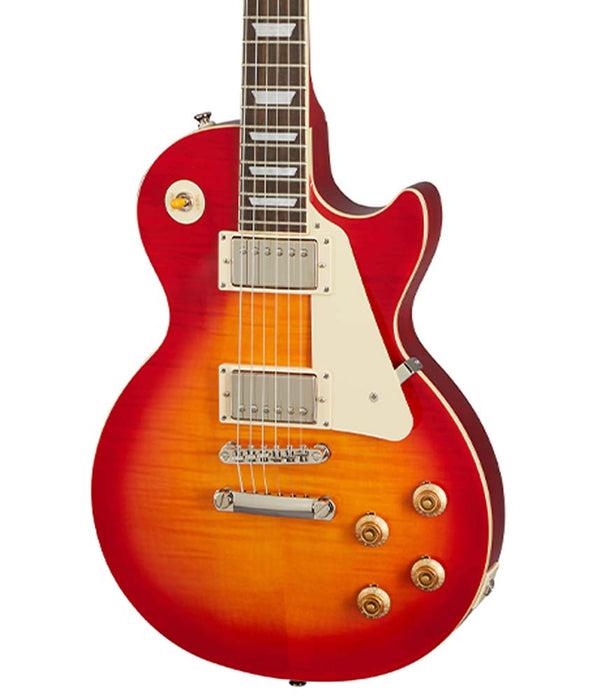
Which Epiphone models are redefining the entry-level guitar experience? Having spent years reviewing and playing guitars, I’ve consistently found that Epiphone models deliver immense value, bridging the gap between affordability and quality. This is especially true with the Epiphone Les Paul Special, a standout among popular guitar models for beginners and hobbyists alike. Epiphone’s contribution to the guitar world is both profound and impactful, establishing itself as a giant in providing quality instruments at accessible prices.
From its punchy pickups to the comfortable neck profile, the Epiphone Les Paul Special is a marvel in its category, offering aspiring musicians a taste of what high-caliber craftsmanship feels like without the intimidating price tag. I’ve witnessed firsthand how these guitars breathe new life into the entry-level market, offering nuanced features that were once exclusive to higher-end models. As we delve deeper, you’ll understand why these models are adored by so many and how they’ve inspired countless musicians to embark on their musical journey with confidence.
Popular Gibson Models
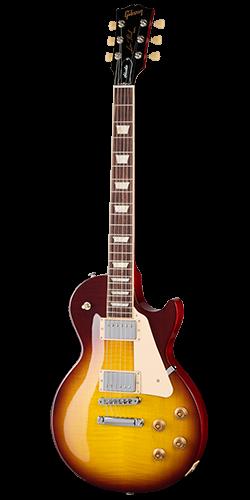
Amidst the rich history of Les Paul guitars, certain models rise to prominence as legendary. From my experiences with renowned guitarists and personal explorations, I’ve found that the Gibson Les Paul Special is a hallmark of versatility and unique tonal quality. What makes the Gibson Les Paul Special stand out in collections is its fascinating blend of raw, vintage-inspired tones that appeal to a broad spectrum of musical genres, from rock to blues.
These popular guitar models not only bear the distinguished Gibson name but also exemplify specific features that set them apart in every serious guitarist’s arsenal. The Gibson Les Paul Standard offers unparalleled craftsmanship and classic sound, appealing to traditionalists and modern players alike. Navigating through these distinct models, one finds a tapestry of expressive tones and iconic aesthetics that fuel the desires of musicians seeking authenticity and richness in their instrument choice. This exploration not only highlights Gibson’s dedication to excellence in design but also underscores why the Gibson Les Paul Special continues to be a cornerstone in guitar collections worldwide.
Transitioning from this understanding, we can more clearly assess how Epiphone’s line stands in contrast, bringing forth a compelling comparison for those at the crossroads of choosing the right Les Paul for their journey.
Summary of Findings
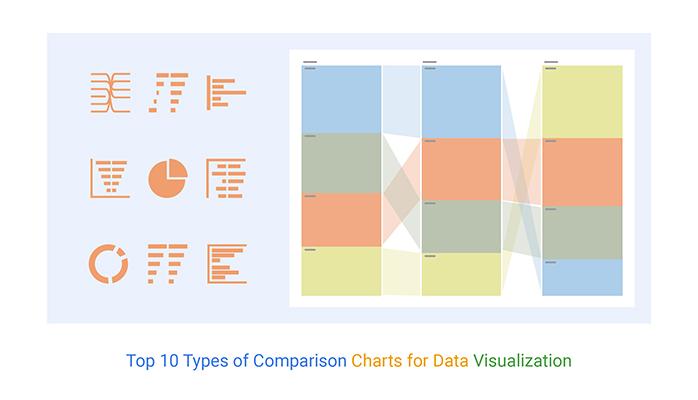
Reflecting on my years of guitar evaluations, the crux of any comparison often boils down to the shared passion across brands: the music that unites us all. So, did we find more similarities than differences in our comparison of Epiphone Les Paul and Gibson Les Paul? After delving deep into both instruments, the answer resounds affirmatively. While distinct in their own rights, both brands demonstrate an exceptional ability to capture the spirit of the Les Paul lineage, offering accessibility for different players without compromising on what makes a Les Paul, well, a Les Paul.
Epiphone models remarkably uphold the timeless essence, integrating the warmth and sustain cherished worldwide, providing a striking gateway for budding musicians. Their craftsmanship, enhanced by accessible pricing, invites newcomers to explore the electric realm without hesitation. On the other hand, Gibson, with its storied heritage, caters to those seeking the pinnacle of precision and quality. Each Gibson Les Paul sings with nuanced precision, embodying a rich tapestry of tones crafted meticulously for the discerning ear.
However, the core conclusion I reached amidst this evaluation is that both guitar lines, despite their seemingly divergent paths, converge beautifully on common ground: they are both champions of musical expression, bridging heritage with personal voice. This revelation underscores the profound truth: whether Epiphone or Gibson, the true victor in this comparison is the musician who embraces the music.
FAQs
What are the main differences between Epiphone Les Paul and Gibson Les Paul?
The main differences are in materials, craftsmanship, and price. Gibson Les Pauls are typically made in the USA with higher-end materials and craftsmanship, whereas Epiphone Les Pauls are usually produced overseas with more cost-effective materials to provide a more affordable option.
Which guitar has better sound quality: Epiphone Les Paul or Gibson Les Paul?
Sound quality is subjective, but generally, Gibson Les Pauls are known for their richer and fuller sound due to higher-quality woods and pickups. Epiphone Les Pauls offer great sound quality for their price range and are often preferred by beginners and budget-conscious musicians.
Is the price difference between Epiphone Les Paul and Gibson Les Paul justified?
The price difference is generally attributed to the quality of materials, craftsmanship, and brand prestige. For professionals or collectors, a Gibson may provide value in terms of investment and superior build quality. For everyday players, Epiphone offers excellent value at a lower cost.
Are Epiphone Les Paul guitars suitable for beginners?
Yes, Epiphone Les Paul guitars are suitable for beginners. They are well-regarded for balancing quality and affordability, making them a popular choice for those starting out.
Can you modify an Epiphone Les Paul to match the quality of a Gibson Les Paul?
While modifications such as upgrading pickups, hardware, and electronics can enhance an Epiphone Les Paul, matching the exact quality of a Gibson may still be challenging due to differences in construction and materials.
Conclusion
As I reflect on this detailed guitar comparison, it becomes clear that both the Epiphone and Gibson Les Paul have unique merits. From personal experience, I’ve seen that choosing between the two often boils down to budget, brand loyalty, and specific musical needs. Interestingly, one might ponder, Could a warranty reflect a brand’s commitment to quality? The Epiphone Lifetime Warranty suggests a strong commitment, providing peace of mind and possibly swaying those seeking long-term reliability. On the other hand, Gibson’s legacy of craftsmanship and sound quality cannot be overstated, appealing to traditionalists and professionals alike. Drawing on my experiences, I’ve consistently seen brands that stand behind their products foster a community of loyalists and advocates. It’s crucial to align your choice with what you value most in a guitar. Ultimately, whether it’s the more affordable Epiphone or the revered Gibson, your decision will shape your musical journey. Choose wisely, and let your passion guide you.

Michael Molenda, the transformative Editor in Chief of Guitar Player magazine from 1997 to 2018, revolutionized its content and expanded its influence. With over 2,500 published works, including in-depth interviews and technical analyses, he’s a giant in guitar journalism. Post-Guitar Player, he launched CONTENT BY MOLENDA and co-founded music websites, bringing his unmatched expertise to the forefront of music marketing. At Fretterverse, Molenda continues to shape the guitar world with insightful commentary and trendsetting journalism.
